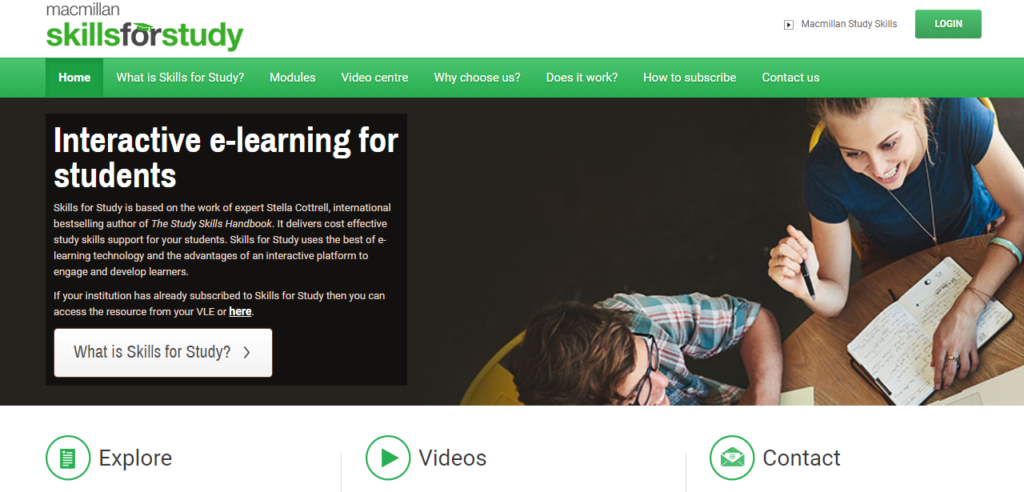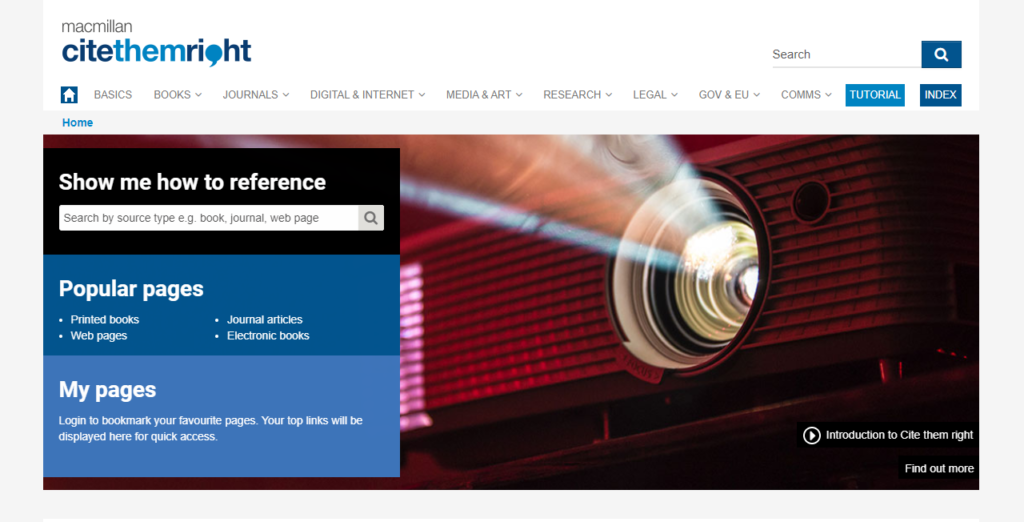Dr Briony Frost, Curriculum Development Officer in the Centre for Learning & Teaching, manages the University's Academic Integrity Project. Briony explains the importance of academic honesty and the resources available to help all students become ethical scholars.
At the University of Bath, we pride ourselves on our vibrant and innovative academic community which encourages students to work independently and to have original ideas. You're expected to study existing research in your field and incorporate the ideas of other authors into your own work.
Academic integrity means being honest about where you've sourced the materials for your assignments, indicating which ideas are yours and which are from other authors. The University expects all its students to commit to, and maintain, high standards of academic honesty and integrity in all of their work, respecting the labour and originality of others.
What is plagiarism?
In the majority of academic writing, for example a dissertation or essay, it's essential to give a full reference for each source you use, whether published or unpublished. (Rules may differ for some types of assessment where partial referencing may be acceptable, such as exams. If in doubt, check with your tutor).
If you don't reference properly, you're essentially passing someone else's work off as your own. This is called 'plagiarism' and is a serious academic offence. Plagiarised work is usually disqualified, which can have a major impact on your grades. More information about the consequences of plagiarism is available in this Quality Assurance Code of Practice statement: QA53 Examination and Assessment Offences.
Plagiarism is not always deliberate and students are often surprised that they have misunderstood and unintentionally broken the rules. You may not realise that even reusing your own work without acknowledgement is also classed as plagiarism! Claims of ignorance or oversight (so-called 'inadvertence') won't be accepted, however, so it's really important to understand the rules on plagiarism, how to recognise it and how to refer to other people's work or ideas correctly.
Submitting work that has been written by someone other than yourself is also an assessment offence. This means that in addition to referencing your work properly, you must not purchase or commission another person to write your work for you. Whether you persuade a friend or relative, or buy an assignment online from an essay mill, this will be classed as cheating and you’ll be subject to the same penalties.
Whenever you submit a piece of assessed coursework, in either hard or electronic copy, you'll have to make a declaration that the work is your own and, where you have re-used your own work and/or used other sources of information, that you have referenced the material appropriately.
More information about plagiarism is available in the Library's referencing guide. You can find out more about the University's Plagiarism Detection Service on the Academic Integrity Training and Test information page.
"Referencing is the process of acknowledging other people’s work when you have used it in your assignment or research. It allows the reader to locate your source material as quickly and easily as possible so that they can read these sources themselves and verify the validity of your arguments. Referencing provides the link between what you write and the evidence on which it is based." (Cite them Right website)
Ethical Scholar Toolkit
In September 2019, the University launched a new online academic integrity training package called the Ethical Scholar Toolkit. This provides full guidance for students at all stages of their academic career on how to avoid assessment offences, including plagiarism, and develop the necessary skills to reference appropriately when preparing assignments.
The Ethical Scholar Toolkit is made up of two main resources and can be accessed on MySkills:

- Skills for Study consists of three e-learning modules on 'Referencing and Understanding Plagiarism', 'Critical Thinking' and 'Reading and Note-making'. These will help you to self-assess your knowledge, work through relevant content, tag materials to review again in the future and keep a reflective log on your learning. You can take practice tests throughout your university career.
- Cite them Right is a referencing database which will help you to give proper credit to any source used in your work. An additional referencing tutorial is available for anyone new to referencing and you can get a certificate of achievement from Palgrave Macmillan once you've completed the tutorial's built-in assessments. Note: this is not a replacement for completing the Bath Academic Integrity Initiative Test (see below).

For new students at all levels of study, whether undergraduate, postgraduate, or doctoral, the Ethical Scholar Toolkit will help you to prepare for and pass the mandatory University of Bath Academic Integrity Initiative Test on Moodle. You must pass this test with a score of 85% shortly after you've registered with the University in order to progress on to your programme of study.
For students currently doing assessments or writing their dissertations over the summer, the toolkit is a useful reminder of the do's and don'ts of referencing so you can make sure you don't break the plagiarism rules.
Nine months since the launch of the toolkit, initial feedback has been really encouraging. We regularly review the training resources, so if you have any feedback on any aspect of the toolkit, we’d love to hear from you! We’re particularly interested in hearing from our international, postgraduate, and STEM students so that we can improve our support in these areas. For students continuing their studies at Bath next year, please keep a look out for our upcoming survey in the autumn term. For students leaving Bath at the end of this academic year, please email your feedback to Dr Briony Frost.
Respond


